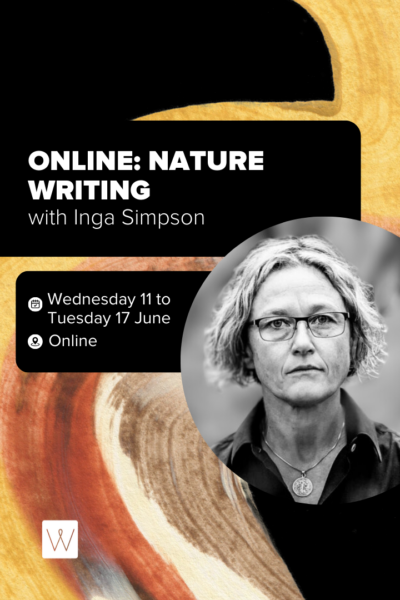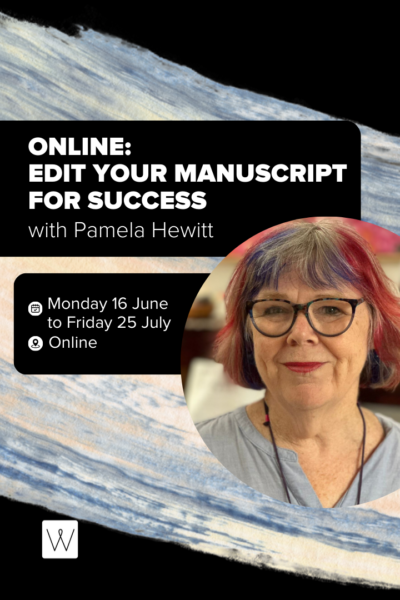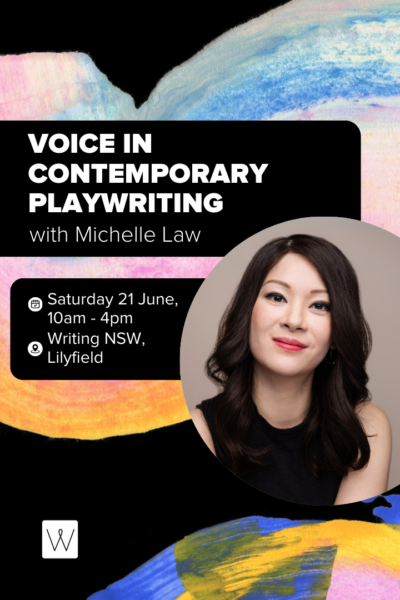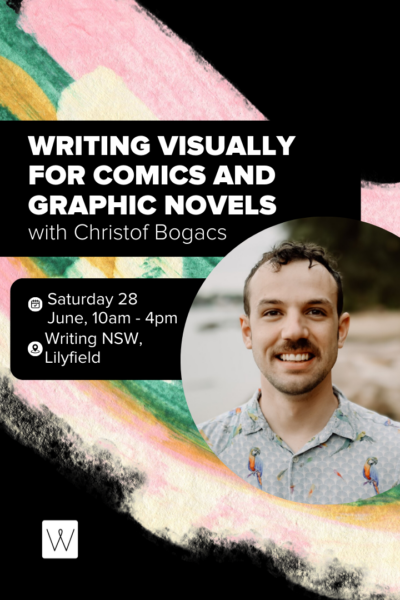From First Draft to Polished Manuscript
 Linda Funnell
Linda Funnell
6 x Tuesday evenings:
Tuesday 10 April 2018, 6:30-9:30pm
Tuesday 17 April 2018, 6:30-9:30pm
Tuesday 1 May 2018, 6:30-9:30pm
Tuesday 8 May 2018, 6:30-9:30pm
Tuesday 15 May 2018, 6:30-9:30pm
Tuesday 22 May 2018, 6:30-9:30pm
So you’ve finished your manuscript – but is it good enough to catch a publisher’s eye? How can you revise your work to make it the best it possibly can be? And how can you make sure you’ve avoided the pitfalls common to many new writers?
Every writer and every book is different, but any editor will tell you there are errors common to many first-time writers that immediately consign manuscripts to the reject pile. Linda Funnell has over 30 years’ experience in the publishing industry and has worked as a publisher and editor with authors such as Geraldine Brooks, Belinda Alexandra, Louis Nowra and Colleen McCullough. In this course Linda will reveal the most common traps and how to avoid them.
Over six weeks Linda will cover structure, dealing with backstory, character arcs, dialogue, voice and point of view, trusting the reader, conventions of manuscript presentation, audience, and the importance of clarity. The course includes tips on pitch letters and approaching agents and publishers.
Each week will include exercises you can use on your own manuscript, and you will be asked to read a few pages of each other’s work to identify particular techniques — being able to recognise different techniques as a reader is an important part of becoming a writer.
In addition to feedback you get in class, there will also be an opportunity to get feedback on 2000 words of your manuscript and/or your pitch letter from the tutor. You will receive guidelines on how to present your work for feedback at the first meeting. (There is no need to bring your manuscript to the first meeting.)
Week 1: Introductions and expectations
- What you have achieved so far
- What an editor does
- How can you be objective about your work?
- Understanding your intention
- What is the spine of your work?
- Throughlines and story strands
- The importance of doubt
- Keeping the vision
- What is the title?
- Opening the door to the reader
Week 2: Structure and hooks
- Different approaches to structure – what structure does your work have?
- Shaping your story – timelines and the order of events
- Does every scene move the story forward?
- What do you do with backstory?
- Trusting the reader
- Narrative drive: what is the hook keeping the pages turning?
- Close in: the first chapter
Week 3: Characters and dialogue
- Who are your characters? Are they active or passive?
- How do your characters interact? How do they drive the story? What are their turning points?
- The iceberg theory as it applies to characters
- Dealing with real people on the page.
- Dialogue tricks and traps – info dumps, dialects and dialogue tags.
- Close in: conversation/reported speech
Week 4: Voice and point of view
- Who is telling your story? Where is the reader’s sympathy to lie?
- Keeping the reader in the moment.
- Showing not telling
- The problem of ‘but it really happened that way’
- Close in: a turning point
Week 5: Focussing in
- A checklist for copyediting: repetitions, favourite words/phrases, passive voice, strings of adjectives, punctuation, typeface conventions, paragraphs, chronology and logical lapses, ‘enter a scene late and leave it early’, giving key moments enough air.
- Close in: sample copyedit
Week 6: Beginnings and endings
- The process of revision and preparing your manuscript for submission
- Ensuring a professional layout
- Blurbs, pitch letters, sample chapters and approaching publishers and agents
‘There is no such thing as a great writer; there are only great re-writers.’
Noah Lukeman The First Five Pages
Expected Learning Outcomes
Participants will:
- gain an understanding of the publisher’s assessment process and what can automatically trigger a rejection;
- gain insight into how to approach revising and polishing their manuscripts in a structured way;
- compare different strategies and checklists for revision and tailor a plan to suit their particular work.
Participant Requirements
Come with an openness to revising your work. Some exercises will be applied to portions of your own manuscript. You will also be asked to analyse a few pages of each other’s manuscripts as part of class exercises.
There is no mandatory reading for this course. However, useful references include:
- Noah Lukeman The First Five Pages: a writer’s guide to staying out of the rejection pile
- Strunk & White The Elements of Style
- Carmel Bird Dear Writer
- George Orwell’s essay ‘Politics and the English Language’
- Patricia Highsmith Plotting and Writing Suspense Fiction
- Stephen King On Writing





